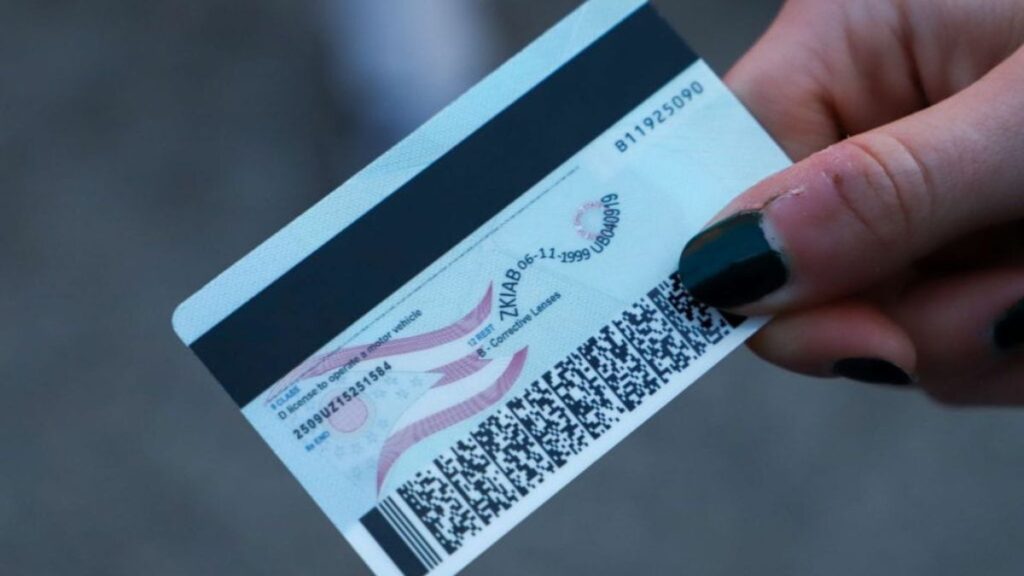Introduction to IDGod and Traditional ID Services
Navigating the world of identification can be tricky. Whether you’re trying to access age-restricted content or simply need an ID for verification, you have options. Two popular choices stand out: IDGod and traditional ID services. Each offers a unique approach to obtaining identification, but which one is truly right for you? In this article, we’ll explore both avenues—delving into their pros and cons, cost considerations, accessibility factors, and even the legal implications involved with each option. Let’s dive in and help you make an informed decision!
Pros and Cons of IDGod
IDGod offers a unique approach to obtaining identification. One of its main advantages is the convenience it provides. Users can access services online without stepping foot outside.
Another positive aspect is the potential for anonymity. Many people appreciate not having to disclose personal information that traditional ID services often require.
However, there are significant drawbacks to consider. The legitimacy of IDs produced by IDGod can be questionable, raising concerns about their acceptance in official settings. This uncertainty may lead users into risky situations where their documents could be deemed invalid.
Additionally, legal implications cannot be ignored. Using such services might expose individuals to various risks or penalties depending on local laws regarding fake identification. Weighing these factors is crucial before making a decision between IDGod and more conventional options available in the market.
Pros and Cons of Traditional ID Services
Traditional ID services offer a structured approach to obtaining identification. They are often backed by established companies with years of experience in the field. This can give users a sense of security and reliability.
On the plus side, these services typically adhere to legal standards, ensuring that IDs meet governmental requirements. Customers often receive quality customer support, making it easier to address any issues or questions.
However, traditional services can be slow and cumbersome. The application process may involve extensive paperwork and long wait times for delivery. Additionally, costs can add up due to fees associated with processing and verification.
Another downside is accessibility; not everyone lives near an office or service center. For those in remote areas, this could pose significant challenges when trying to obtain necessary identification documents.
Cost Comparison between IDGod and Traditional ID Services
When looking at costs, IDGod often presents a more budget-friendly option. Their prices can be significantly lower than traditional services. This makes them appealing to those who need IDs without draining their wallets.
Traditional ID services tend to have higher fees. These costs cover various aspects like government processing and verification checks. While you get a legitimate product, the price reflects these added layers of security.
Additionally, consider ongoing expenses with traditional options. Renewals and updates might add up over time. On the other hand, IDGod usually requires one-time payments for their products.
It’s essential to weigh what you’re getting for your money. Is it worth investing in the reliability of traditional methods? Or does the affordability of IDGod suit your needs better?
Accessibility and Reliability of IDGod vs. Traditional ID Services
When it comes to accessibility, IDGod often stands out. Users can easily access its services online, providing a level of convenience that traditional methods may lack. Just a few clicks grant you entry into the world of fake identification.
However, this ease of use raises questions about reliability. While many users report satisfaction with IDGod’s products, there’s no formal guarantee or customer support similar to what traditional services offer.
On the other hand, established ID services typically have physical locations where customers can consult staff directly. This face-to-face interaction adds an element of trust that might be missing from online platforms.
But consider wait times and appointments; they can be cumbersome in comparison to instant online orders through IDGod. Each option has its own merits and drawbacks depending on your specific needs for accessibility and reliability.
Legal Implications and Risks of Using IDGod
Using IDGod raises significant legal concerns. Many users may not fully grasp the ramifications of obtaining fake identification documents. This can lead to serious criminal charges, including fraud and identity theft.
The legality of acquiring a forged ID varies by jurisdiction, but generally, it’s illegal in most places. Engaging with services like IDGod can expose you to potential fines or even imprisonment if caught.
Additionally, using a fake ID carries risks beyond just legal repercussions. You could face issues with employers or educational institutions if they discover your use of fraudulent identification.
Moreover, these services often operate outside the law’s reach, which means no consumer protections exist for users. If something goes wrong—like receiving a defective product—you are left without recourse against them.
Which Option is Right for You?
Choosing between IDGod and traditional ID services ultimately hinges on your individual needs. If you prioritize convenience and anonymity, IDGod may suit you better. Its online platform allows for quick access without the long waits typically associated with traditional methods.
On the flip side, if authenticity and legal compliance are paramount in your decision-making process, conventional services present a safer route. They offer verified identification processes that hold up under scrutiny.
Consider your specific situation carefully. Are you looking for immediate results or a more secure approach? Weighing these factors will help clarify which option aligns best with your priorities and lifestyle choices. Always remember that each choice carries its own set of implications, so choose wisely to ensure peace of mind moving forward.
Conclusion
Navigating the world of identification services can be daunting. When comparing IDGod to traditional ID services, it’s essential to weigh your options carefully.
IDGod offers anonymity and convenience, appealing to those who prioritize privacy. However, it carries risks related to legality and reliability that users must consider. On the other hand, traditional ID services provide legitimacy and accountability but may lack flexibility in certain situations.
The cost aspect also plays a pivotal role in decision-making. While IDGod might seem more affordable upfront, hidden costs or potential legal troubles could add up over time with this choice.
Accessibility is another critical factor. Traditional providers have established processes and offices for support, while online platforms like IDGod cater well to tech-savvy individuals but may leave some feeling uncertain about reliability.
Choosing between IDGod and traditional identification services hinges on personal needs and circumstances—balancing factors like privacy concerns against legal implications. Understanding what you need from an identity service will guide you toward the right decision for your situation.






